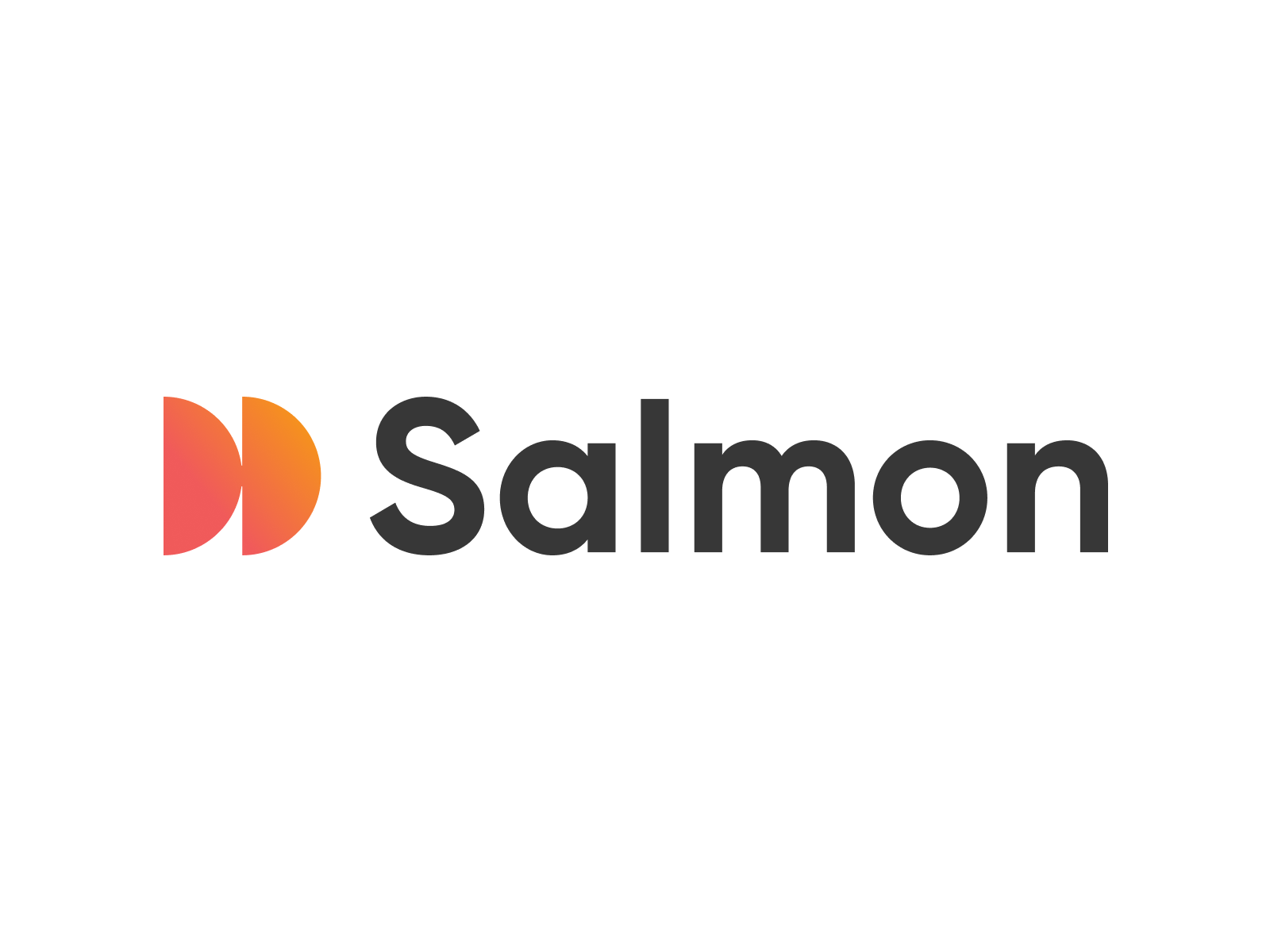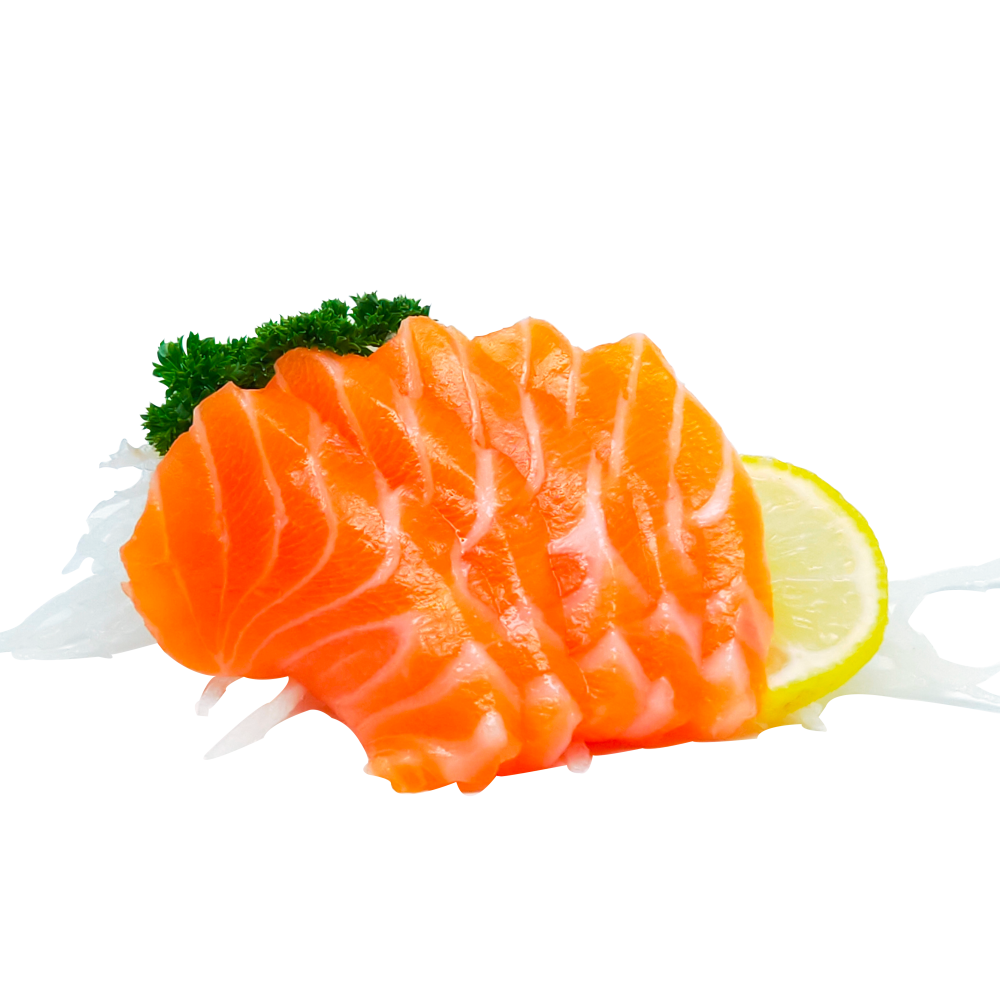You might be wondering, why all the fuss about salmon? Well, let me tell you, this fish isn't just another swimmer in the sea. It's a powerhouse of nutrition, flavor, and sustainability that's taking the world by storm. Whether you're a seafood enthusiast or someone looking to spice up their diet, salmon has something for everyone. So, let's dive right into it, shall we?
Salmon isn't just a fish; it's a lifestyle. From its rich omega-3 content to its versatility in the kitchen, salmon is more than just a meal—it's an experience. In this article, we'll explore everything you need to know about salmon, from its origins to its health benefits and culinary uses. Get ready to become a salmon aficionado!
But before we get into the nitty-gritty, let's talk about why salmon deserves all the attention. It's not just another fish in the sea; it's a symbol of strength, resilience, and flavor. Whether you're grilling, baking, or even eating it raw, salmon delivers every time. So, let's jump into the world of salmon and discover what makes it so special!
Read also:Russias Plan To Prolong Ukraine War Decoding The Strategies Behind The Conflict
Understanding the Salmon Phenomenon
Salmon isn't just another fish; it's a marvel of nature. Found primarily in the North Atlantic and Pacific oceans, salmon has been a staple in human diets for centuries. But what makes it so unique? For starters, salmon is one of the few fish that can thrive in both freshwater and saltwater environments. This adaptability is what makes it such a fascinating creature.
Now, let's talk about its journey. Salmon are known for their incredible migrations, traveling thousands of miles from the ocean back to the rivers where they were born. This migration is not only a testament to their endurance but also a crucial part of their lifecycle. During this journey, they face countless obstacles, from predators to changing water temperatures, yet they persevere. It's this resilience that makes salmon so darn impressive.
Where Do Salmon Come From?
If you're wondering where salmon originates, the answer is both simple and complex. Wild salmon are primarily found in the cold waters of the North Atlantic and Pacific oceans. However, thanks to modern aquaculture, salmon is now farmed in various parts of the world, including Norway, Chile, and Scotland. This farming practice has made salmon more accessible to consumers worldwide, but it also raises important questions about sustainability.
Here's the kicker: not all salmon is created equal. Wild-caught salmon tends to have a richer flavor and higher nutritional value compared to farmed salmon. However, farmed salmon is more affordable and readily available. It's a trade-off that many consumers have to consider when shopping for salmon. But hey, who doesn't love a good trade-off, right?
The Nutritional Powerhouse That is Salmon
When it comes to nutrition, salmon is a rockstar. Packed with essential omega-3 fatty acids, protein, and vitamins, salmon is a superfood that deserves a spot on your plate. Omega-3 fatty acids are crucial for heart health, brain function, and reducing inflammation in the body. And let's not forget about the protein—it's a complete protein source, meaning it contains all the essential amino acids your body needs.
But wait, there's more! Salmon is also rich in vitamins D and B12, as well as minerals like selenium and phosphorus. These nutrients work together to support a healthy immune system, strong bones, and optimal brain function. So, whether you're looking to boost your energy levels or improve your overall health, salmon has got you covered.
Read also:Controlling Devices Over The Internet The Ultimate Guide To Smart Living
Health Benefits of Eating Salmon
Let's break it down: eating salmon can do wonders for your health. Here are just a few of the benefits:
- Improves heart health by reducing triglycerides and lowering blood pressure.
- Boosts brain function and may reduce the risk of cognitive decline.
- Supports weight management by providing a high-protein, low-calorie option.
- Enhances skin health by promoting collagen production and reducing inflammation.
And if that's not enough to convince you, salmon is also delicious! Who said healthy food has to be boring?
Salmon in the Kitchen: Versatility at Its Best
Salmon isn't just a nutritional powerhouse; it's also a culinary superstar. Whether you're a seasoned chef or a beginner in the kitchen, salmon is a versatile ingredient that can be prepared in countless ways. From grilling to baking, smoking to sushi, salmon adapts to any cooking style you throw at it. And the best part? It always tastes amazing.
Here's a tip: when cooking salmon, keep it simple. A little salt, pepper, and lemon can go a long way in enhancing its natural flavors. But if you're feeling adventurous, try marinating it with soy sauce, garlic, and ginger for an Asian twist. Or, if you're in the mood for something smoky, fire up the grill and let the flavors do the talking.
Popular Salmon Recipes You Need to Try
Ready to get cooking? Here are a few salmon recipes that are sure to impress:
- Grilled Salmon with Herb Butter: Marinate salmon fillets in a mixture of melted butter, fresh herbs, and garlic. Grill until perfectly cooked and serve with a side of roasted vegetables.
- Smoked Salmon Avocado Toast: Top a slice of whole-grain toast with mashed avocado, smoked salmon, and a sprinkle of lemon juice. It's a quick and easy breakfast or brunch option.
- Salmon Sushi Rolls: Roll up fresh salmon, cucumber, and avocado in sushi rice and nori sheets. Slice into bite-sized pieces and enjoy with soy sauce and wasabi.
And let's not forget about salmon burgers, soups, and salads. The possibilities are endless!
The Sustainability Debate: Wild vs. Farmed Salmon
When it comes to salmon, sustainability is a hot topic. With the increasing demand for seafood, the question of whether to choose wild-caught or farmed salmon has become more relevant than ever. Both options have their pros and cons, and the decision ultimately comes down to personal preference and values.
Wild-caught salmon is often considered the more sustainable option, as it allows the fish to live and grow in their natural habitat. However, overfishing and habitat destruction are real concerns that need to be addressed. On the other hand, farmed salmon is more controlled and can help meet the growing demand for seafood. But issues like pollution, disease, and the use of antibiotics in fish farms are cause for concern.
How to Choose the Right Salmon
So, how do you decide which salmon to buy? Here are a few tips:
- Look for certifications like the Marine Stewardship Council (MSC) or Aquaculture Stewardship Council (ASC) when buying salmon.
- Choose wild-caught salmon from well-managed fisheries whenever possible.
- Opt for sustainably farmed salmon that uses environmentally friendly practices.
By making informed choices, you can enjoy salmon without compromising the health of our oceans.
The Economic Impact of Salmon
Salmon isn't just a food source; it's also a major player in the global economy. The salmon industry generates billions of dollars in revenue each year, supporting countless jobs and communities around the world. From fisherman to farmers, chefs to retailers, the salmon supply chain touches many lives.
However, the economic success of salmon comes with challenges. Issues like climate change, overfishing, and rising production costs threaten the long-term viability of the industry. That's why it's crucial for businesses and consumers alike to prioritize sustainability and innovation in the salmon sector.
Global Salmon Markets
Here's a quick look at some of the largest salmon markets in the world:
- Norway: The world's largest producer of farmed salmon, known for its high-quality product.
- Chile: A major player in the global salmon market, with a focus on affordable and accessible salmon.
- United States: A key consumer market for both wild-caught and farmed salmon.
Each market has its own unique characteristics and challenges, but they all share a common goal: to ensure the future of salmon for generations to come.
Salmon in Culture and Tradition
Salmon has played a significant role in cultures around the world for centuries. From Native American tribes in the Pacific Northwest to the people of Scandinavia, salmon has been a staple food and a symbol of prosperity and abundance. In many cultures, salmon is more than just food—it's a way of life.
Today, salmon continues to be celebrated in various festivals and events around the world. Whether it's the Salmon Festival in Alaska or the Smoked Salmon Festival in Ireland, people gather to honor this incredible fish and its place in history.
Salmon in Mythology and Folklore
In many mythologies, salmon is seen as a symbol of wisdom and knowledge. In Celtic mythology, the salmon of knowledge is said to grant wisdom to those who eat it. In Native American folklore, salmon is often depicted as a provider and a guide, leading people to prosperity and enlightenment.
These stories remind us of the deep connection between humans and salmon, a bond that has lasted for generations. And as we continue to learn more about this remarkable fish, we can appreciate its role in shaping our world.
Conclusion: Why Salmon Matters
Salmon isn't just a fish; it's a symbol of strength, resilience, and flavor. From its nutritional benefits to its versatility in the kitchen, salmon offers something for everyone. Whether you're a health enthusiast, a foodie, or someone looking to make a positive impact on the planet, salmon is a food worth exploring.
So, the next time you're at the grocery store or out to eat, consider giving salmon a try. And don't forget to share this article with your friends and family. Together, we can celebrate the wonders of salmon and ensure its place in our diets for years to come.
Table of Contents
- Understanding the Salmon Phenomenon
- Where Do Salmon Come From?
- The Nutritional Powerhouse That is Salmon
- Health Benefits of Eating Salmon
- Salmon in the Kitchen: Versatility at Its Best
- Popular Salmon Recipes You Need to Try
- The Sustainability Debate: Wild vs. Farmed Salmon
- How to Choose the Right Salmon
- The Economic Impact of Salmon
- Global Salmon Markets
- Salmon in Culture and Tradition
- Salmon in Mythology and Folklore
- Conclusion: Why Salmon Matters


